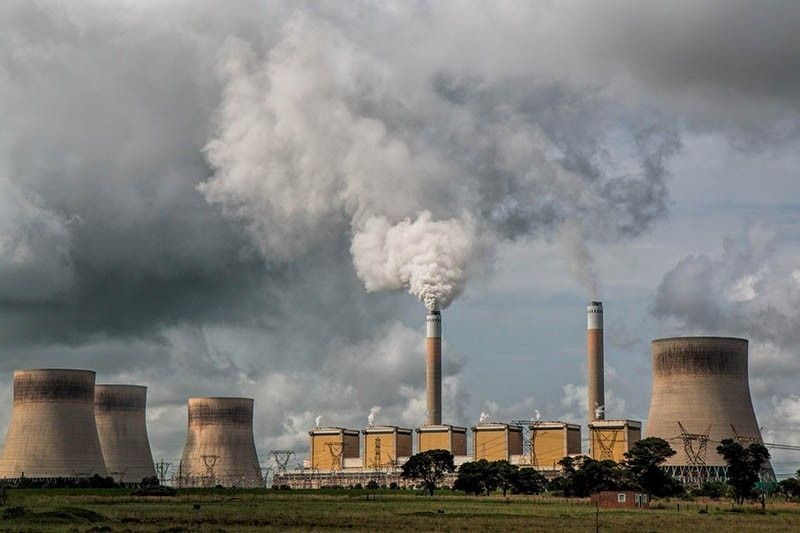ADB sees potential if Philippines divests from coal

MANILA, Philippines — The Asian Development Bank reckoned that the Philippines is brimming with the potential to become a carbon exporter, but it would have to keep its distance from coal-fired energy.
That was the assessment of David Raitzer, an economist at ADB, on Thursday at the launch of the multilateral lender’s new report "Asia in the Global Transition to Net Zero".
“So it would be among potential carbon exporters if it doesn’t develop too much new coal right now. At the same time, the Philippines has expanded its share of coal in electricity generation,” he said.
The previous Duterte administration enforced a moratorium on the construction of new coal-fired power plants in 2020. The Marcos Jr. administration affirmed the commitment months after taking power in 2022, as it turned its eyes towards nuclear energy—a pet project of the ousted dictator Ferdinand Marcos Sr.
READ: 'Philippine commitment to cut coal use not enough to meet climate targets' | Report: Philippine banks continue to bankroll coal and fossil fuel projects
Raitzer, who works at ADB’s Economic Research and Regional Cooperation Department, underscored the economic inefficiency of expanding coal use and investment. As it is, the Philippines is looking to boost renewables in its current energy mix, which it hopes will hit 35% share by 2030.
Philippine companies are slowly warming up to renewable energy. However, some firms still have “dirty energy” assets that they believe to be profitable at the moment amid calls for divestment as the world looks to cut back on emissions.
“What our report would be urging is that coal expansion, we don’t find that as economically preferable because of the declining cost of other energy sources. So investing in new coal capacity is not in the interest of any region in our model,” Raitzer added. — Ramon Royandoyan
- Latest
- Trending





























